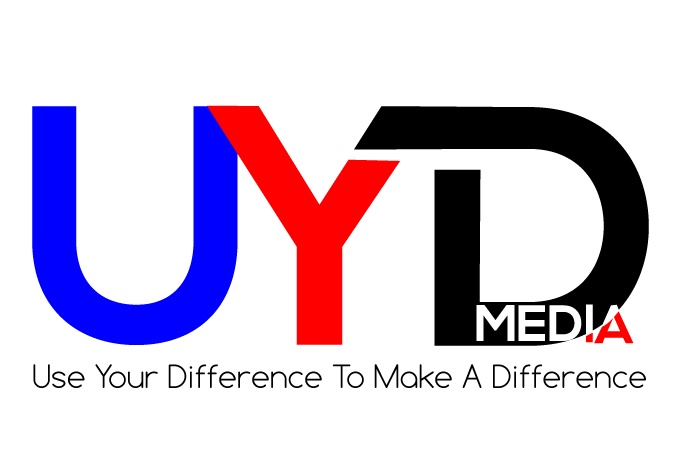The term third culture kids, or TCKs, is often used to refer to children raised in a culture different from that of their parents. Part of their development includes moving between cultures from quite an early age. Most TCKs develop a unique personal and cultural identity – a blend between the culture of their parents and the culture the family is currently residing in.
As you can imagine, with the urbanization of the world, more and more people tend to move and live outside their homelands. In 1960, there were only 73 million expats, but by 2013, this number has increased to 230 million.
What distinguishes Third Culture Kids from people who have spent their formative years in the culture of their parents is that third culture kids are generally more open-minded when it comes to attitudes towards other cultures and systems. They’re also characterized by their mental flexibility, neutrality and greater tolerance of other’s behavior and perceptions of the world. Born and raised in a blend of cultures, third culture kids usually enjoy traveling, visiting foreign places, as well as learning and accepting foreign languages and cultural differences.
This blended identity makes third culture kids an invaluable addition to many businesses. If their skills are harnessed effectively, they can be successful and effective leaders or managers. One of a manager’s most important qualities is the ability to understand and accept differences amongst team members which is essentially what third culture kids have been doing their whole life navigating through cultures. Their unique perspective on the world makes them invaluable additions to companies as they’re usually more tolerant and able to intuitively understand the inner workings of a particular business.
Their constantly increasing numbers in addition to the increasing globalization of our world, means that third culture kids will not be minorities for too much longer. Rather, they will become a prominent group of people with their own perception and view of the world so it is important to include them in business decisions.
It’s the global mindset of third culture kids that makes them so important to companies, businesses and industries world wide. They can learn cultures quickly, mix and mingle norms, differences and languages and immediately accept and adopt them as their own if need be. This is an essential skill, when it comes to negotiating, especially when working with partners from different parts of the world and subsequently different cultures.
This “floating tribe”, as referred by some, represents the fifth-largest nation on Earth, a group with its own differences, but an incredible tolerance to those of others, and a group that is extremely important to your business success.




